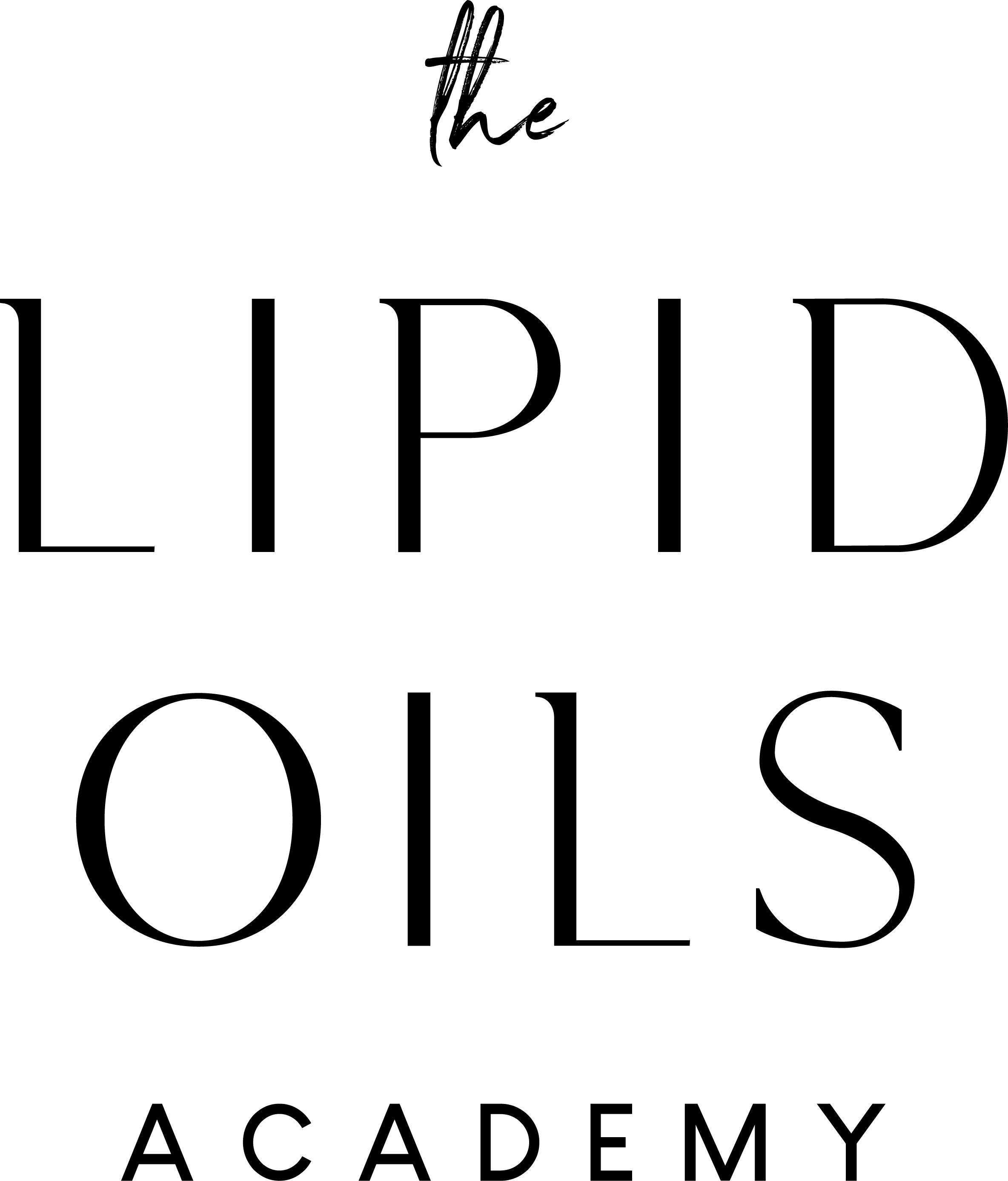With carrier oils composed of 95% or more fatty acids, the bulk of the oil, learning about the different types of fatty acids helps us understand how oils feel on the skin and their benefits for the skin's health.
Fatty acids can be common, or rare and unusual
Fatty acids are carbon chains with hydrogen atoms attached to all in the case of saturated fatty acids or most of the carbon atoms on the unsaturated fatty acid chains. These carbon chains can be short or long, or very long.
The nuance of the chain length and the placement of the hydrogen atoms on the carbon chains give each oil unique properties, uniquely benefiting the skin.

Manketti refined and less refined
Twisting fatty acids
One exciting type of fatty acid is those that twist, like a pretzel, and by turning and twisting, give the oil a full, thick, or dense feel even though these rotating carbon chains are polyunsaturated.
These fatty acids demonstrate antioxidant and anti-inflammatory help to aid the repair and regeneration of the epidermis for healing damaged skin by stimulating keratinocyte production.
Experiencing carrier oils
The carrier oil where you can experience this quality is most profoundly in Pomegranate seed oil with its punicic acid, which makes up about 70% of the oil. Another carrier oil is the Manketti seed, or nut oil from Africa, with a variation of this type of fatty acid called eleostearic acid, which makes up 25% of that oil.

These unusual fatty acids are rare in carrier oils from plants, but found in dairy fats from ruminant animals pastured on grass. Other plant oils where we find these fatty acids are cherry kernel oils, calendula seed oil, and pine nut oil.
Using the unusual oils
These unusual fatty acids, as either food or as topical applications, help maintain the health of the body and the skin. So the next time you see a sizeable juicy pomegranate at the market, imagine how chewing on the seeds will support your health—or order pomegranate seed oil to supplement your skincare regime.

Is pomegranate seed oil part of your skincare or formulating? Leave a question or a comment below

Hi Susan, does that mean we could also use the pomegranate oil in the kitchen? if yes, is it the same one we usually use for the body, or is it another one, like for special cooking?
And I wanted to thank you for sharing your knowledge and understanding about the carrier oils, I find it passionating and you helped me adjust my cream formula.
I’m also interested in using carrier oils in the kitchen. Is there by chance a training course you would be interested in offering in the future?
Hi Florence, susan here, Hmmm I don’t see pomegranate seed oil being one for use in the kitchen – where we find these fatty acids in food prep is in dairy foods from animals that have been pastured on grass in a natural state. Most oils for use in cosmetics aren’t approved for food use but that has to do with the requirements for food products, rather than the safety of the oil itself.
Oils to use in the kitchen are many of the standby’s – olive, sesame, almond, rice bran, grapeseed, coconut, and you can look to other cultures and include oils like red palm, macadamia, manketti, marula, every culture has had its preferred fats to use in cooking.
Thank you Susan
Not really but I would like to know more about the best carrier oils for Anti aging. Thanks in advance.
No, but interest in knowing more about the best carriers for anti age and inflammation.
I am so overwhelmed with gratitude and knowledge that you have taught and shared with others thorough out my journey for the truth and education on oils ,butters and other plant based matters Thank you so much for allowing me to follow you in your heart filled studies and research .You have raised my confidence ,knowledge and life style to a better level of understanding .. Thank you is not enough.
Anita, Susan here; you are so very welcome. The oils and the fatty acids offer a fantastic puzzle to study that will keep me busy for a long time, so I’m happy you are following along with me in understanding them.